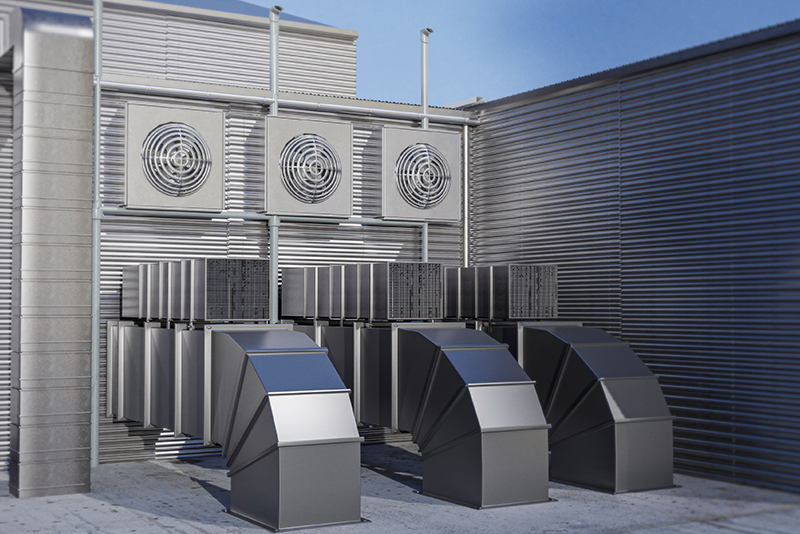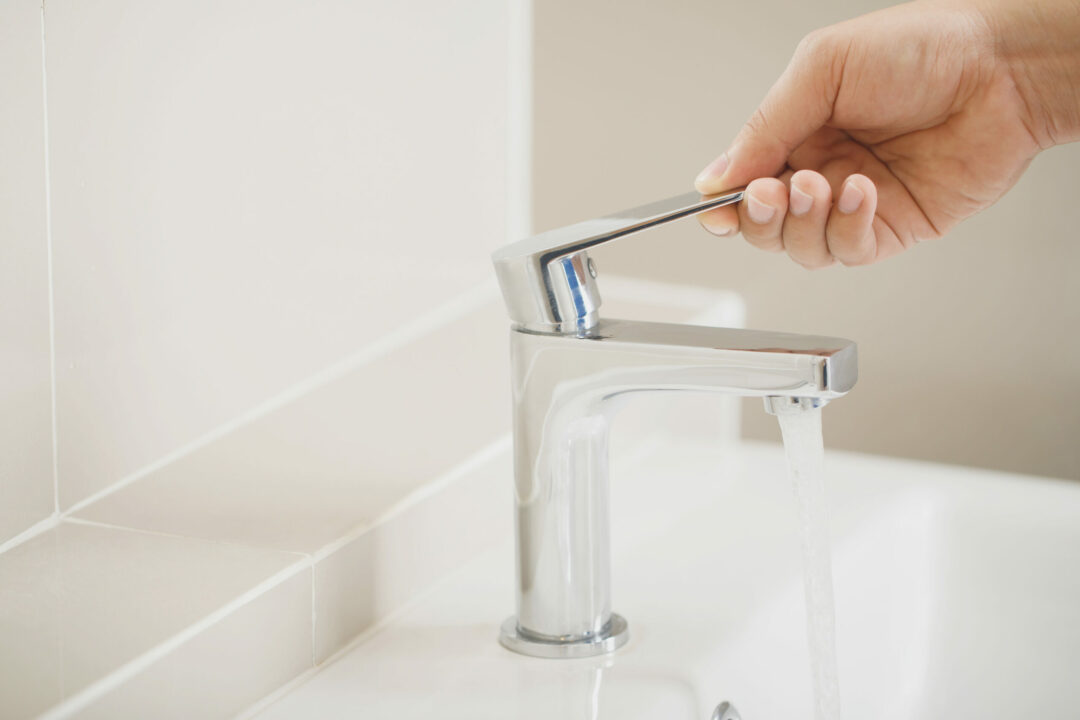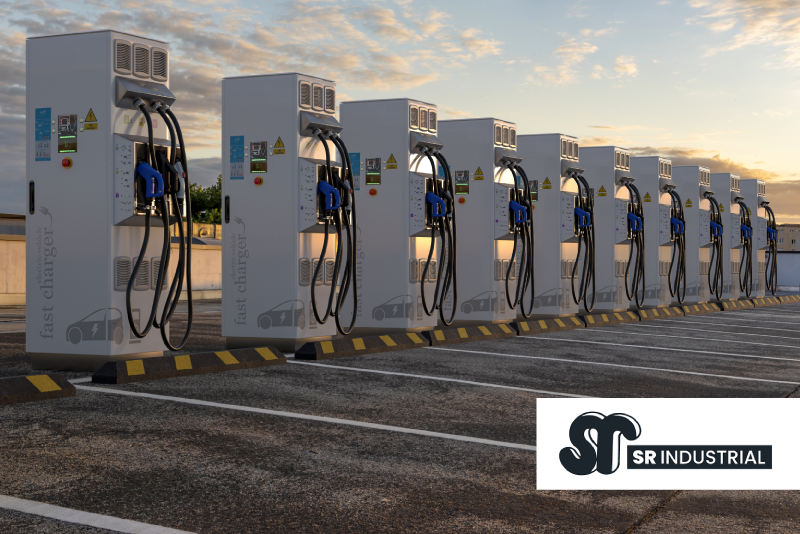All You Need To Know About Commercial Air Conditioning

Introduction
Commercial air conditioning is an essential aspect of modern business operations, particularly in industries where temperature control is crucial, such as retail, hospitality, and healthcare. With commercial air conditioning, business owners can create a comfortable working environment for their employees and a pleasant atmosphere for their customers. However, commercial air conditioning systems are complex and require proper maintenance to ensure optimal performance.
In this blog post, we’ll discuss everything you need to know about commercial air conditioning, including the different types of systems, factors to consider when choosing a system, maintenance tips, signs of problems, common repairs, and the benefits of regular maintenance.
Types of Commercial Air Conditioning Systems
There are several types of commercial air conditioning systems, including central air conditioning systems, rooftop units, split systems, packaged air conditioning systems, and variable refrigerant flow (VRF) systems. Each system has its benefits and drawbacks, and choosing the right one depends on several factors.
Central air conditioning systems are typically used in large commercial buildings, such as shopping malls, hospitals, and office complexes. These systems use a network of ducts to distribute cooled air throughout the building.
Rooftop units, as the name suggests, are installed on the roof of the building and are a popular choice for commercial properties. They are designed to handle high volumes of air and are suitable for buildings with large floor areas.
Split systems consist of an outdoor unit that houses the compressor and an indoor unit that distributes cooled air. They are a good option for smaller commercial spaces, such as small offices or retail stores.
Packaged air conditioning systems are self-contained units that are suitable for small to medium-sized commercial spaces. They are often installed on the roof or outside the building and are easy to install and maintain.
VRF systems are becoming increasingly popular due to their energy efficiency and flexibility. They are ideal for large commercial buildings with varying cooling requirements.
Factors to Consider When Choosing a Commercial Air Conditioning System
When choosing a commercial air conditioning system, several factors should be considered, including the building size and layout, number of occupants, budget, energy efficiency, and noise level. It’s essential to work with an experienced HVAC contractor to assess your building’s cooling requirements and recommend a system that meets your needs.
Building size and layout are crucial factors to consider when choosing an air conditioning system. Larger buildings may require a central air conditioning system, while smaller buildings can use split or packaged systems.
The number of occupants is another important factor to consider. A building with a high occupancy rate will require a more powerful air conditioning system to maintain comfortable temperatures.
Budget is a crucial consideration for most business owners. It’s essential to choose a system that is affordable and cost-effective in the long run.
Energy efficiency is another factor to consider when choosing a commercial air conditioning system. Energy-efficient systems can help reduce energy bills and minimise your carbon footprint.
Noise level is also an important consideration, particularly in environments where noise levels can be disruptive, such as hospitals, libraries, or schools.
Proper Maintenance of Commercial Air Conditioning Systems
Proper maintenance of commercial air conditioning systems is essential to ensure optimal performance and prevent breakdowns. Regular maintenance can also help prolong the life of your system and reduce the risk of costly repairs. Here are some maintenance tips to keep your air conditioning system running smoothly:
- Regular filter replacement – Dirty filters can obstruct airflow and reduce the efficiency of your system. It’s essential to replace the filters every three months or more frequently if they become clogged.
- Coil cleaning – The evaporator and condenser coils should be cleaned annually to ensure optimal heat transfer.
- Condensate drain cleaning – Clogged drain lines can cause water damage and compromise the performance of your air conditioning system. It’s essential to have the drain lines cleaned regularly.
- Lubrication of moving parts – Lubricating the moving parts of your air conditioning system, such as fan motors and bearings, can help reduce friction and wear and tear.
- Inspection of electrical components – Regular inspection of electrical components can help identify potential issues before they become major problems.
Signs of Commercial Air Conditioning System Problems
It’s essential to be aware of the signs of air conditioning system problems to prevent costly breakdowns and repairs. Here are some common signs of problems to look out for:
- Unusual noises – Strange noises, such as rattling or grinding sounds, can indicate a problem with your air conditioning system.
- Reduced airflow – Poor airflow can indicate a clogged filter or a problem with the ductwork.
- Increased energy bills – A sudden increase in energy bills can indicate an inefficient air conditioning system.
- Uneven cooling – Uneven cooling can indicate a problem with the ductwork or a faulty thermostat.
- Foul odours – Foul odours can indicate a problem with mould or bacteria growth in your air conditioning system.
Common Commercial Air Conditioning Repairs
Despite proper maintenance, air conditioning systems can still experience problems that require repairs. Here are some common commercial air conditioning repairs:
- Refrigerant leaks – Refrigerant leaks can cause your air conditioning system to lose cooling capacity and require a recharge of refrigerant.
- Faulty thermostats – Faulty thermostats can cause temperature fluctuations and make your air conditioning system inefficient.
- Compressor issues – Compressor issues can cause your air conditioning system to stop working entirely.
- Electrical problems – Electrical problems can cause your air conditioning system to malfunction or stop working entirely.
- Fan motor failures – Fan motor failures can cause poor airflow and result in inefficient cooling.
Benefits of Regular Commercial Air Conditioning Maintenance
Regular maintenance of your air conditioning system offers several benefits, including:
- Improved energy efficiency – Regular maintenance can help improve the energy efficiency of your air conditioning system, which can result in lower energy bills.
- Increased lifespan of the system – Proper maintenance can help prolong the life of your air conditioning system and reduce the need for costly repairs or replacements.
- Better indoor air quality – Regular maintenance can help improve the air quality in your building by removing dirt, dust, and other contaminants from your air conditioning system.
- Reduced risk of breakdowns – Regular maintenance can help identify potential problems before they become major issues, reducing the risk of costly breakdowns.
- Cost savings on repairs and replacement – Regular maintenance can help identify minor issues before they become major problems, saving you money on repairs and replacement.
Conclusion
Commercial air conditioning is essential for maintaining a comfortable working environment for employees and a pleasant atmosphere for customers. Choosing the right system and proper maintenance are crucial to ensure optimal performance and prevent breakdowns.
By following the tips in this blog post, you can keep your commercial air conditioning system running smoothly and efficiently. If you need help with your air conditioning system, contact our team at SR Industrial to schedule a maintenance appointment.


